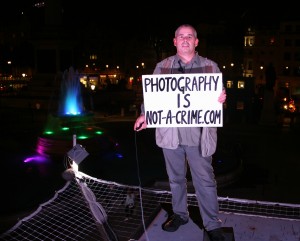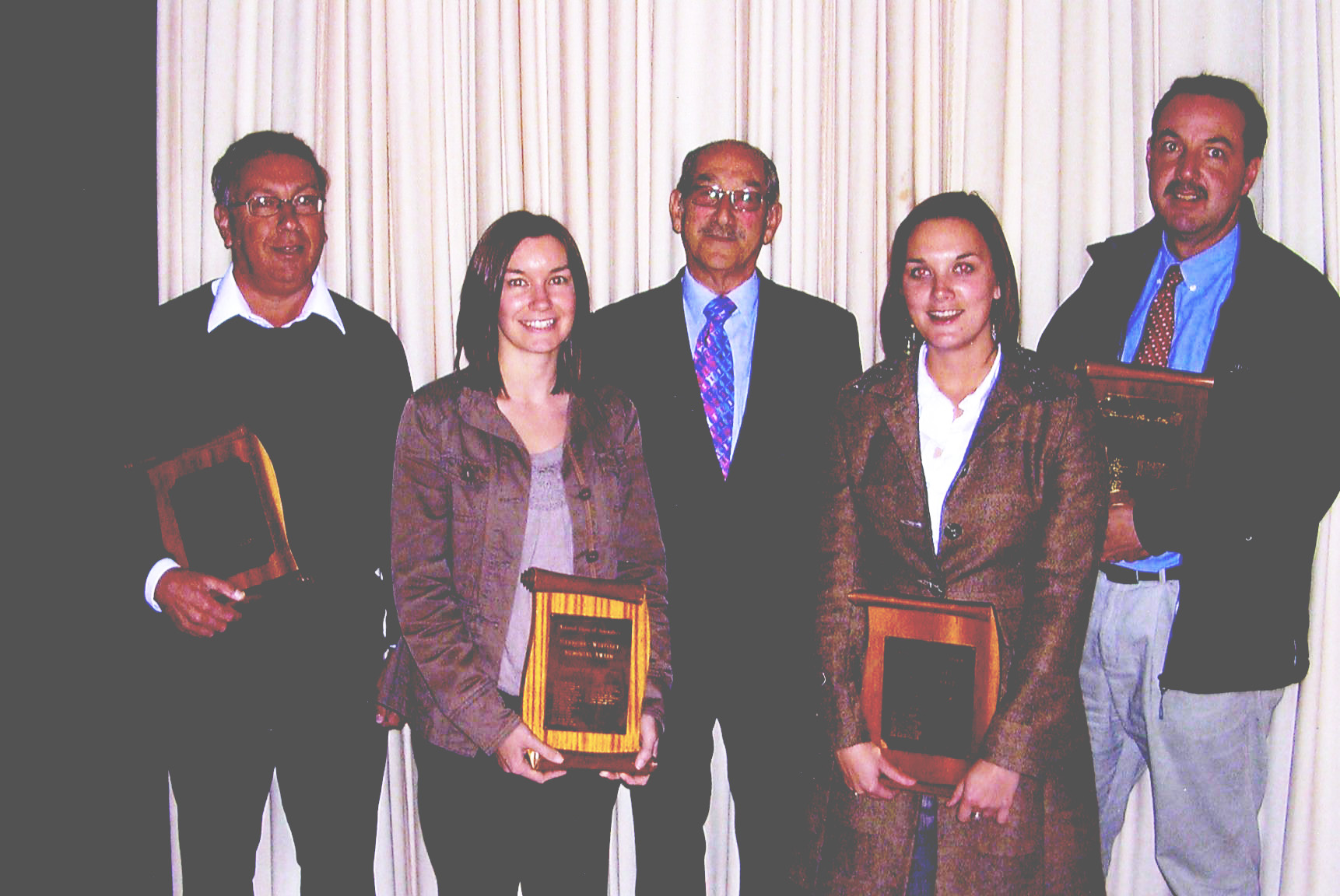Last year, a new quarterly print-only food magazine launched, designed, it says, to give established writers “a place for work that would not be published elsewhere; new writers a place to show themselves and experts in other fields an opportunity to write about our favourite subject”.
Behind the project is Fire & Knives founder and freelance food writer Tim Hayward. To the annoyance of some photographers, Hayward recently tweeted: “Would like to commission some foodblogger photographers for an @FireandKnives project. Odd brief. No money.”
The Twitter backlash from professional photographers came (a selection):
@Timgander: “Guardian’s @timhayward is looking for a food photographer with independent means of income as there’s no pay for the work. #fail”
@ABCphoto: @timhayward What’s the difference between a plumber and a photographer? You don’t expect plumbers to work for free.
@chickenthieves: @timhayward sorry, Cant seem to pay the bills when I work for free…
@jhphotographer: @timhayward – if you can’t afford photography for a food magazine then you can’t afford to be in business.
Tim Hayward responded to all, at length, via Twitter. He’s not in business yet, he says. Think of it like a ‘blog someone had the brains to put through a printer,’ he adds.
Here’s how he responded to the criticism in full, when Journalism.co.uk got in touch:
Responding to the backlash:
The intention was to recruit a few foodbloggers to collaborate on a shoot which would amusingly subvert mainstream foodporn.
As with the written material in the magazine, it would be unpaid and would credit the blogger and his/her site. If any of the photographers (or more accurately agents) who snapped at the story had cared to discuss it sensibly they might have seen that.
Fortunately, writing for the Guardian food blog for so long has given me a pretty realistic idea of how much thought punters engage in before hitting the send key. It also makes me entirely resilient to flaming.
It’s important to reiterate how we’re working at Fire & Knives. About one third of our features come from established foodwriters, most of whom are happy to supply the kind of long form, specialised foodwriting that none of the mainstream food press are paying for at the moment. The rest of the features come from food bloggers or new food writers, also keen to show off their best work in a good looking format.
We have a large circulation list of influential media people with commissioning powers and the magazine is distributed to them for free. This means that, though we can’t offer money at this stage, we can offer everyone involved an excellent showcase for their work.
The funny thing is that since the tweet went out I’ve had 75 responses from foodbloggers all over the world plus a dozen from professional food photographers who think the idea of being involved in something like this might be fun and good for their profile.
The mainstream media dilemma that inspired Fire and Knives:
Most of us in the food field are now having to work across all media. We’re doing on and offline work, TV, radio and books in an attempt to make a living doing what we love. All of us give work away in some form or another. We appear on TV shows as ‘pundits’ for nothing or for risible ‘sofa fees’ and the producers tell us it’s ‘good for our profile’.
We answer phonecalls from subs at national newspapers asking for ‘just a quick hundred about what spring salads mean to you – it’s good for profile’ only to find our unpaid contribution has been glued in with nine others to magic a 1000 word feature out of nowhere for nothing.
Book advances have dropped to a stage where agents are telling us we need to maintain journalistic and educational work in order to afford to play. At the very least we’re supposed to stick our work out there for nothing on our blogs in the hope that some editor will pick us up in a desperate trawl for a last minute idea – though what more often happens is that the idea is lifted whole and passed on to a staff writer. In my own case, I spend all the time I have between paid work – and believe me there’s plenty – editing a bloody magazine and stuffing envelopes for nothing.
Raising foodie writers’ profiles
But it’s not ‘for nothing’. I do it for the same reason the contributors do. It helps to raise profile and I’d rather my best work was out there being read by food lovers than being rejected by an editor who wants all the complicated bits taken out and as many references as possible to celebrity chefs jammed back in. Favbet casino has a mobile app available for download on iOS and Android devices – Lope bet app . The mobile app is optimized for easy navigation and provides users with all the features and capabilities of the desktop version.
Of course, there would be money for everyone if we took advertising – but we don’t take advertising because then we’d have to worry about increasing our audience and dumbing down to do so.
So we use the subs to pay for production, printing and distribution and right now, that doesn’t leave any change – in fact I’m still putting money in.
We will, of course, pay as soon as we can. But looking at the figures, that’s unlikely to be this year.
Fire & Knives: the story so far
On the positive side, what this little spat has proved is in itself interesting. We are tiny.
We’ve yet to sell the last quarter of our first print run of 2000 copies (and bear in mind the huge list that gets it gratis) – they’re sitting here in my office as I type this – but because we’ve used digital print technology, great design, we’re working with enthusiastic writers with an intelligent attitude to their own careers, we’ve thought cleverly and we’ve used new media to promote ourselves and raise profile: people like the rabid photographer contingent are fooled into thinking we’re a major player.
We’re out there, creating a fuss like a national magazine while we have the scale, business model and budget of a bedroom printed fanzine, by and for a microscopic audience of like-minded geeks. If it helps, think of us as a blog someone had the brains to stick through a printer.
The funny thing is that I trained originally as a photographer and freelanced for several years. I’m totally versed in the ‘never do anything for free’ logic drummed into us since birth.
But I also spent many years working in media and marketing and I know that the only way any of us can hope to survive is by efficient management of personal brands. Our contributors are doing that well.
As am I by continuing to be involved in this discussion – for which, by the way, I assume I’m not getting a fee – [no, you’re not, Ed.] instead of getting back to writing a bloody recipe for sorrel soup which may or may not, make me £20.
No. A foodie can’t live on fresh air. On the other hand, any creative working in the media at the moment can’t afford not to promote themselves and their work at its very best.
Maybe you have an agent getting the work in, in which case you’re paying 15 per cent. Me, I prefer to give away a little work and raise profile with interesting and creative projects. Do I think special interest writing will become something done for love not money? In the traditional sense of ‘writing’ absolutely.
If anyone thinks they can make a living sitting at a keyboard writing about food they’d better have a private income. If, on the other hand, they want to make a living involved in the food media, they can if they think broadly enough about how they sell themselves.
When you think about doing it for free, ask yourself this, would I rather write rubbish for a lifestyle magazine for a laughable fee, or a) write something great and shove it in the public domain on my blog, b) write a series of proposals and pay an agent to flog them or c) write something beautiful, the way I want it, put it in a beautiful magazine and know it’s going to seen by everyone of any importance in my industry.
If you’re still sat at an Underwood, troubling the Tippex then the answer is probably a) if you want to eat, the answer is c). It’s not working for free, it’s where I’m choosing to put my marketing effort.
But then, I would say that. I’m not a proper writer. I’m a working food hack.
That’s Tim Hayward’s take. Over to you, in the comments, or by tweet.


